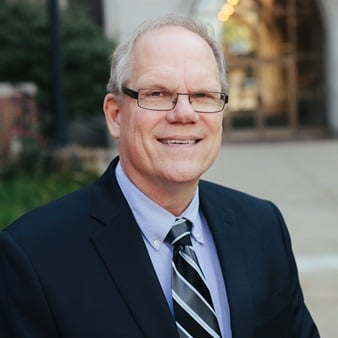Daily Devotional | A Better Hope
The first recipients of the letter to the Hebrews would have been very familiar with Psalm 19:7, which says: “The law of the LORD is perfect, refreshing the soul. The statutes of the LORD are trustworthy, making wise the simple.” Perhaps they had even memorized it. Then, the blunt assessment of Hebrews 7:18 must have come as a shock. If the Law of the Lord is perfect, how could the writer of Hebrews say that it was “weak and useless”? And, since a priesthood after the order of Abraham’s descendant Levi had been established, why would the Messiah come from a different lineage (vv. 13–14)?
These questions are answered in today’s reading. The Law’s weakness resulted from what it could not do. The Law of the Lord was indeed perfect, but it “made nothing perfect” because those under the Law were themselves imperfect. God did not give the Law as a permanent solution to the problem of sin. The Law was always meant to give way to Jesus Christ. The author was not belittling the sacrifices prescribed by the Law of Moses but instead showing how Christ’s suffering, death, and resurrection made them no longer necessary!
Jesus is a better priest because His is a “permanent priesthood” (v. 24). He is able to “save completely” (v. 25). As our priest, Jesus shares our humanity, yet He is “holy, blameless, pure, set apart from sinners, exalted above the heavens” (v. 26). Unlike the priests of the Law, who died and would be replaced with each generation, Jesus was eternal. He did not need to offer sacrifices for His own sins as well as those of the people (v. 27). Instead, Jesus “always lives to intercede for them” (v. 25). Jesus is both our great priest and God’s perfect sacrifice.
Why did the Law fail to make people perfect? How does this align with the beliefs of many today who think they can be “good enough” to get into heaven?
Thank You, Christ, that the hope of heaven is real. We rejoice today that we can live with that assurance, knowing that You are faithful, and all Your promises will come to pass.
About the Author

John Koessler
Dr. John Koessler is Professor Emeritus of Applied Theology and Church Ministries at Moody Bible Institute. John authors the "Practical Theology" column for Today in the Word of which he is also a contributing writer and theological editor.
View More